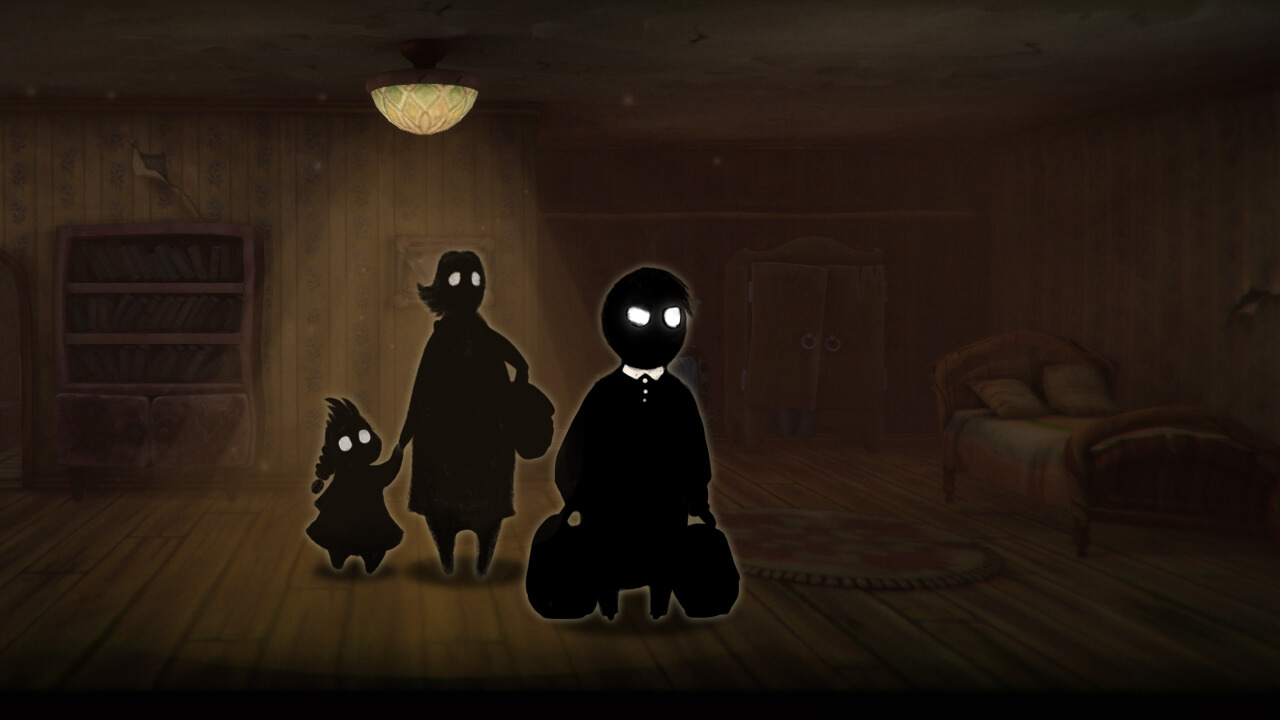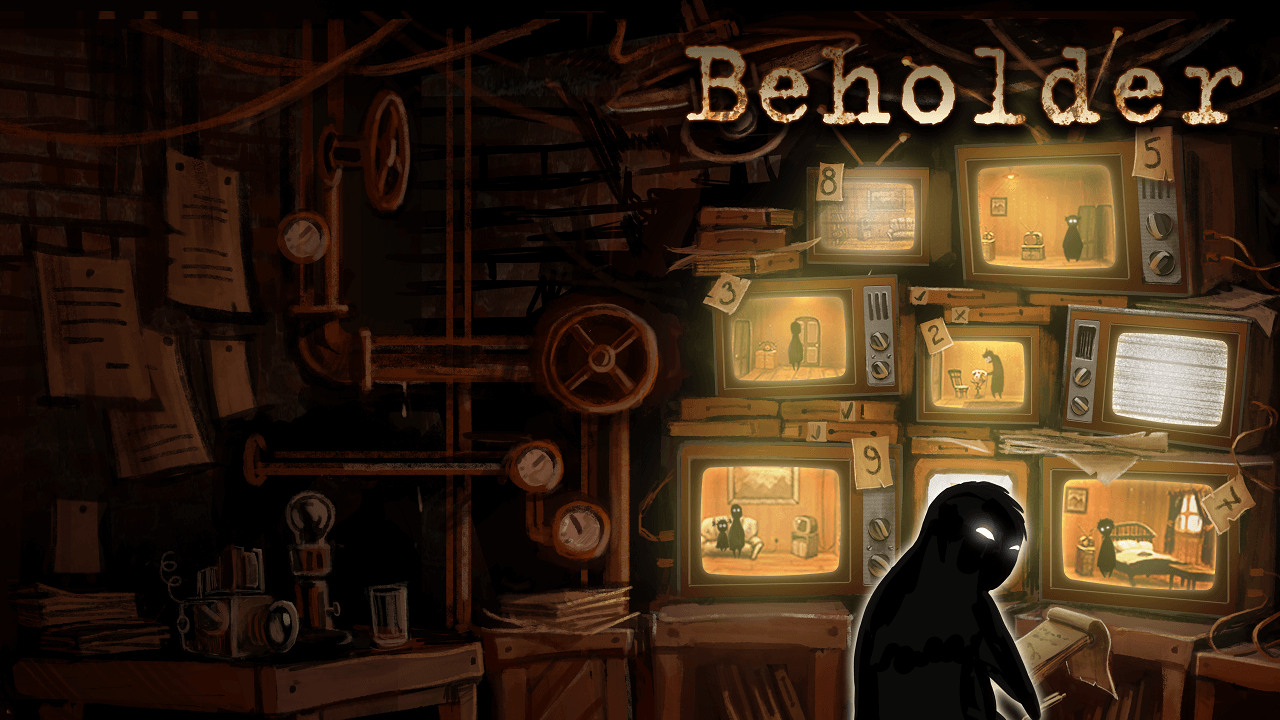Title: Beholder
Available On: PC, Mac, Linux
Developer: Warm Lamp Games
Publisher: Alawar Entertainment
Genre: Strategy, Story-Driven
Official Site: https://beholder-game.com/promo
Release Date: November 9, 2016
Where To Buy: Steam
My daughter is dying of a mysterious illness, and the state-supplied medicine is not good enough to help her survive. Going through the black market is risky, and incredibly expensive. I’ll probably have to keep blackmailing my tenants, but they’ve been pretty upset with me lately. This wouldn’t normally bother me, but the cameras I’ve installed in the apartments do indicate that a lot of them keep concealed guns with them at all times…

Beholder is a fascinating take on control in a dystopian landscape. You play as Carl, a government-sponsored head of an apartment complex who has to balance taking care of his tenants, his family, and adhering to crazier and crazier government orders. You do this by spying on your tenants: installing hidden cameras, peeping in their apartments, and letting yourself in to search while they are out of the building. As you build up information on every person in your building, you can report them to the government, blackmail them, or keep information to yourself for future use.
Beholder takes place on one screen: a cross section of the building you run as Carl. Different missions pop up and offer you different choices as you go. It was surprising just how different certain options can change the game; Beholder is clearly a game designed with multiple playthroughs in mind. And you’re going to need multiple playthroughs, as I have had multiple sessions end in disaster for poor Carl.

Tension is where Beholder is able to generate most of its strength. There is never enough time to do things the way you want. There is never enough money to appease everyone. And you have to constantly struggle with the morality issues at play: should I alert the authorities that the poor teacher trying to escape an abusive relationship possesses keeps apples in her apartment (which the totalitarian regime has made, inexplicably, illegal)? Should I try to warn her? Or should I plant the apples in apartment 3, then call the cops on the jerk who lives there? Your decisions do feel like they have impact on shaping the story, and multiple endings attest to that fact.
The art style of Beholder is also fascinating. The apartments themselves look fairly realistic, but each character is merely a cartoonish black blob with a few bright white features to help distinguish one from the other. Carl wears a tie. The old man in apartment 1 has a beard. In one way, the highlighted features help to bring the characters to life a little better. In another way, the indistinguishable features help to dehumanize the characters a bit; you won’t feel so bad when the police club them on the way out the door for a crime they did not actually commit.
Beholder is an emotional and moral story, which is also unfortunately where some of its issues crop up. The writing is a little cringe-worthy in some cases; stilted dialogue and odd syntax jarred me out of the story on multiple occasions. There is so much to juggle, and sometimes frustrations crop up through odd character bugs and wonky controls (why can I only double-click to sprint when I’m not clicking on anything specific?) The biggest issue, however, lies in some of the game’s repetitive elements.

It appears obvious that developer Warm Lamp Games intended for you to play Beholder multiple times in order to see just how different styles and choices can affect different characters. The problem with this comes from the fact that the game never changes. The view is always the same cross section. Tenants enter in (relatively) the same order. Deliberately ignoring a mission to try to alter the path of the story sometimes results in an immediate failure. These frustrations can make it difficult to justify playing through the opening of the game again.
Beholder is an extremely ambitious game that never quite clears the bar that it sets for itself. It is remarkable just how much your choices seem to matter within the game, and some of the storylines and morality decisions really give you pause. The repetitive nature of the game and some of the bizarre design choices kept me from enjoying it as much as I really wanted to.
[embedyt] https://www.youtube.com/watch?v=K7NtUpgDfzE[/embedyt]
- Gameplay: Spy on people. Report them. There is a lot of tension in a number of things to juggle.
- Graphics: Stylish and interesting. Could use a bit of a break from the locked-in view.
- Sound: Negligible. Characters speak gibberish and the music is minimal.
- Presentation: Really slickly presented, but a bit too ambitious for its own good.
[review]







